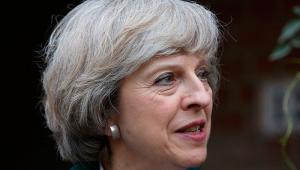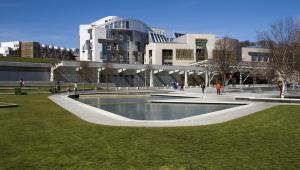A report from the Scottish Parliament’s local government committee found that the payments regime for overseeing the conduct and counting of elections, a role usually taken on by council chief executives, was insufficiently transparent, inconsistent, and little understood by the general public.
Bob Doris, the committee convener, said: “We believe that all costs associated with elections should be processed around the principles of openness and transparency if the public are to have confidence in how our elections are run.
“There is a lack of transparency around the value of these payments and how they are allocated,” Doris said.
“We heard that payments can range from £2,500 in Orkney and Shetland to over £16,000 in Edinburgh and may reportedly be worth as much £1m in total.”
Both the rules and the payments vary across Scotland, the committee found. In some municipalities, a returning officer for a Scottish Parliament election can claim two fees, one for the constituency ballot and the other for the election of regional list “top up” MSPs.
Andrew Kerr, Edinburgh Council’s chief executive, was reported in local media to be entitled to some £40,000 of additional payments for overseeing last year’s Holyroood elections and EU referendum. Conservative MSPs have led calls for the payments to be ended altogether, and returning officer duties treated as part and parcel of a chief executive’s job.
Falkirk Council chief executive Mary Pitcaithly, who chairs the Electoral Management Board for Scotland and oversaw the 2014 independence referendum, has accepted the need for review, but said it would be wrong if there were to be no remuneration for the individual responsibility that falls on a returning officer.
The committee’s inquiry will feed into a wider review of electoral arrangements promised for later this year by the Scottish Government, after control of election conduct in Scotland was devolved to Holyrood under the 2016 Scotland Act.
One area of focus will be calls to dump the current two-tier system for ensuring rough proportionality in number of MSPs. Critics argue that the regional lists allow candidates rejected by voters for constituency seats to become MSPs anyway, and that constituency members shoulder an unfair caseload while list MSPs can cherry-pick issues.
Council elections in Scotland use the single transferable vote (STV) system in multi-member wards, which many believe to be the fairest proportional system. This year’s local elections, on 4 May, will be open for the first time to voters aged 16 and 17.





















